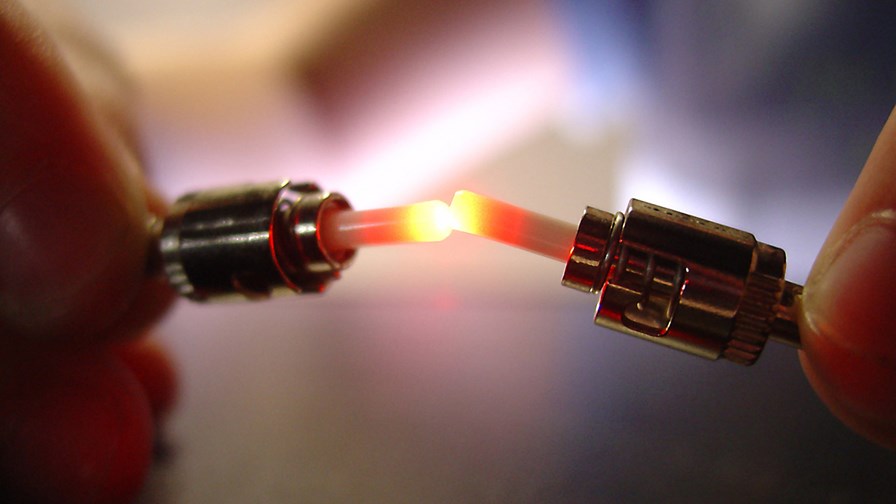
© Flickr/CC-licence/Barta IV
- It’s been a relatively lean period for Nokia but providing optical gear for 5G might prove one important way forward
- It has augmented its existing deal with Rakuten with a world first
- The first fully reconfigurable photonic mesh mobile backhaul network
It’s not been the greatest couple of weeks for Nokia. A week ago the Finnish infrastructure giant was bidding a long goodbye to Rajeev Suri, it’s CEO and president. Suri had expressed a desire to move on to something new after more than 10 years in post, but there was also the little matter of Nokia’s flat financial performance and Suri’s inability to spark a significant revival in its fortunes, despite the apparent open goal presented by Huawei’s market difficulties in Europe.
As a result, over the course of 2019 Nokia lost about a third of its total share price value. (see - Nokia’s Suri resigns after indifferent results feeds doubts over strategy).
But one glimmer of light for Nokia has been Rakuten, or rather Nokia’s relationship with the up and coming Japanese e-commerce player come MVNO turned mobile network operator. Rakuten has captured a lot of attention over the past year or more by being go-ahead on key approaches to next generation mobile and Nokia is basking in the glow.
It has a comprehensive cloud native virtualisation strategy; it is singing chapter and verse on its long term ambitions for AI and zero-touch network operations and it’s got a grown-up approach to hiving off operations and other responsibilities to other entities so that it may, in theory, concentrate on users and their services.
At the end of last month it was announced that it had assigned key supplier Nokia to provide OSS services and operate its virtual network for it (see - Rakuten zeroes in on zero-touch with Nokia OSS deal).
Today marked another step for the Nokia/Rakuten relationship when Rakuten Mobile announced that it had selected Nokia to provide the optical transport for its first 5G cloud-native mobile network (the one that Nokia had already been contracted to operate).
The importance of the optical network operating behind the 5G RAN has thus far been under-emphasised by the industry, but in the next stage of the 5G journey we expect to hear more of it as operators support the edge, network slicing and cloud native virtualisation as they move towards standalone 5G.
Thanks to its purchase of Alcatel-Lucent and Bell Labs, Nokia has an excellent optical transport story. For the Rakuten deal Nokia is deploying its 1830 Photonic Service Switch which it says will power Rakuten’s photonic mesh mobile backhaul network. The deployment will enable the use of Nokia’s ‘wavelength routing technology’, which Nokia claims is a step up in network agility, enabling Rakuten to easily and flexibly grow network bandwidth to support rapid rollout of services.
It claims the Rakuten deployment will be the world’s first fully reconfigurable photonic mesh mobile backhaul network, and will feature Nokia’s Photonic Service Engine 3 (PSE-3) coherent digital signal processor.
According to Tareq Amin, Rakuten Mobile’s CTO: “Rakuten Mobile is creating the world’s first end-to-end fully virtualized cloud-native mobile network, delivering unprecedented network agility and disruptive economics to end users.”
Email Newsletters
Sign up to receive TelecomTV's top news and videos, plus exclusive subscriber-only content direct to your inbox.




